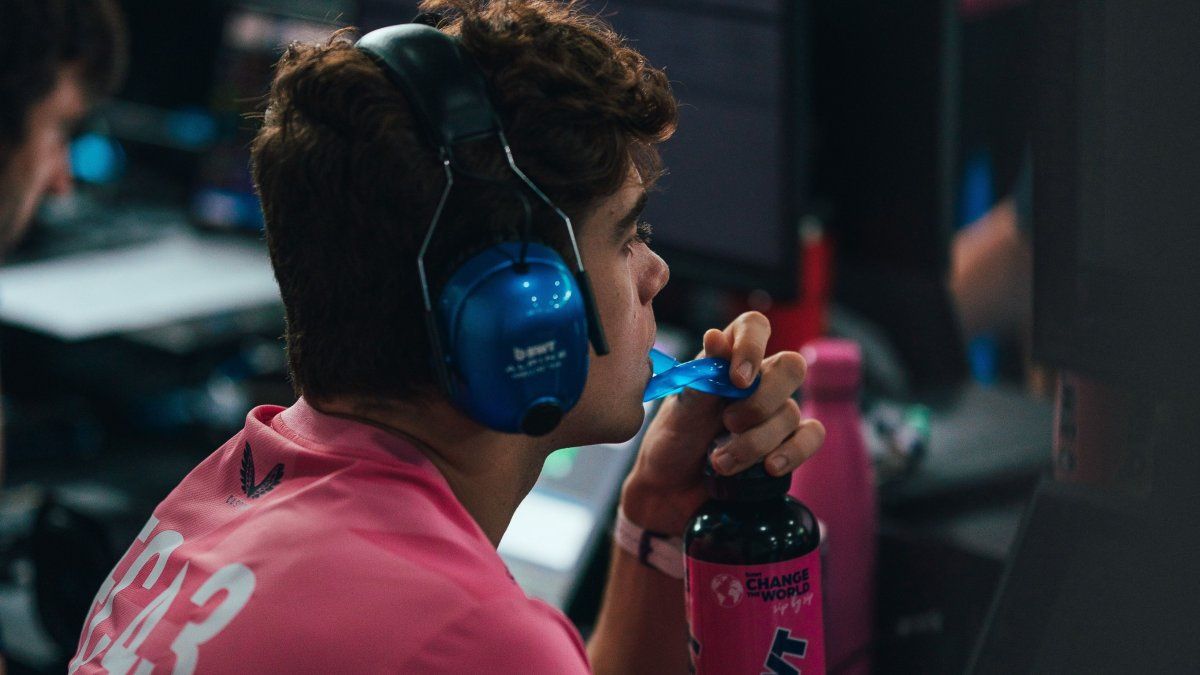“The applicant situation is coming to a head,” says the DIHK. In 2021, more than four out of ten IHK training companies could not have filled all of the training positions offered – an all -time high.
Trainee urgently wanted – more and more companies in Germany are reporting this. From the perspective of the German Chamber of Commerce and Industry, the situation on the training market has tightened again. It has never been more difficult for companies to find suitable trainees.
“The applicant situation is pussy,” said deputy DIHK general manager Achim Dercks on Thursday in Berlin. That could be described with the sentence: “Apprenticeship is looking for an apprentice.” The DIHK spoke of alarming results of a survey among around 15,000 training companies nationwide. More than four out of ten IHK training companies could not have filled all of the training positions offered last year. This is an all-time high.
More than every third of these companies have not received a single application. Corona-related restrictions are still considerably more difficult. In addition, there is demographic development: more and more older workers are eliminating working life, fewer and fewer younger people are coming.
According to the DIHK, the number of training contracts is within plus at the start of the training year. Dercks did not want to give exact figures. But you are still in a “deep valley” and are 15 percent below the pre-Corona level. However, significant growth is necessary in order to counteract the shortage of skilled workers.
Fewer orders and reduced opening hours
According to Dercks, the gap in the trainees means that companies would have to reduce their offers or opening times and could accept fewer orders. He advocated that in the course of a reform of the specialist immigration law, the possibilities of immigration for training are also facilitated. So far, this has only been possible to a very limited extent.
According to the survey, more than every second company relies on flat hierarchies, motto: “team member” instead of “apprentice”. Every second company has improved the IT equipment of the trainees, and more than every third company relies on financial incentives. According to DIHK, “Goodies” are hidden behind them like aid for accommodation or mobility.
According to data from the Federal Employment Agency of July, the number of applicants reported has decreased slightly in the year, while the number of reported training positions has increased significantly. The training market is increasingly developing into a applicant market.
The greatest increase in job reports compared to the previous year, in which the tourism, hotel and restaurant professions, in which the declines were the greatest due to the pandemi measures. The shares of unoccupied training positions are particularly high in construction professions, in trade and sales as well as food professions – such as bakers or butchers. In addition, metal professions, hotel and restaurant professions or professional drivers would come.
In the hospitality industry, the number of unoccupied training positions registered with the employment agencies in July 2022 was six percent higher than in the very difficult year 2021, as Sandra Warden reported, managing director in the German Hotel and Restaurant Association. The companies reported 7.6 percent more training places. The industry is doing a great deal to strengthen training. This included young campaigns: “This ranges from promotions such as casting shows to monetary advantages and great incentives to support in finding an apartment.”
Young talent campaign ensures more recruitment
In the construction industry there has been a junior campaign with the slogan since 2019: “Build your thing”, as a spokeswoman for the construction industry said. The average age in the industry is 55 plus. As a result, companies are hiring more.
DGB board member Stefan Körzell said: “There can be no question of a lack of young people interested in training. For years, only about two thirds of those interested have made the leap into training.” Last year, around 230,000 young people got stuck in measures in the transition area, which does not offer a prospect of a professional qualification. “There are also 2.3 million young people between the ages of 20 and 34 who have no professional qualification. The potential for the occupation of training positions and to combat the shortage of skilled workers are there. They must also be used by the companies.”
The Federal President of the Mittelstand and Business Union, Gitta Connemann, said: “It must be mandatory in schools to carry out a practice week in craft and industrial companies in order to inspire the pupils for this part of the professional world. Germany not only needs Master, but also master too.”
Source: Stern
Jane Stock is a technology author, who has written for 24 Hours World. She writes about the latest in technology news and trends, and is always on the lookout for new and innovative ways to improve his audience’s experience.




